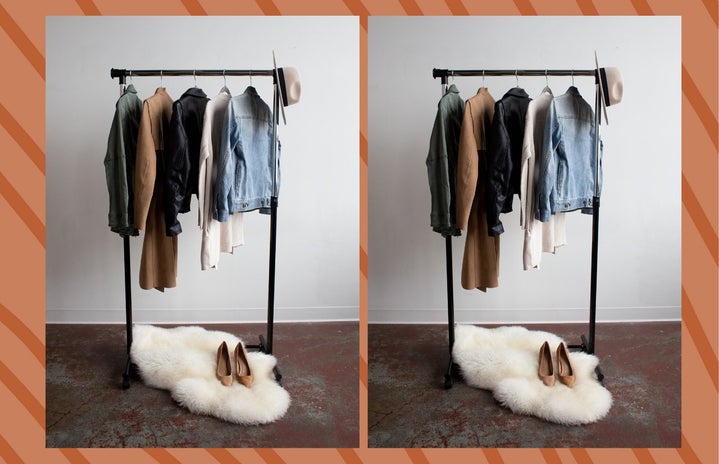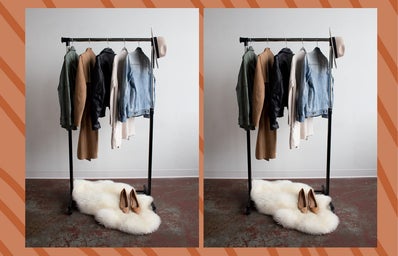Editor’s Note: This is an op-ed that represents the opinions of its author and not of Her Campus.
You can read an article arguing against the photoshopping of women’s bodies here.
In the August issue of Seventeen Magazine, editor-in-chief Ann Shoket made a list in the “Body Peace Treaty” that promised, among other vows, to “celebrate every kind of beauty” by using “real girls and models who are healthy” and “never change girls’ body or face shapes.”
This move comes after 14-year-old Julia Bluhm’s campaign which asked the magazine not to Photoshop its models, a pledge Teen Vogue has also agreed to. I don’t claim to know the roots of negative body image and what role magazines may (or may not) play in it, but whether magazines are the sole perpetrator of the problem or whether they don’t affect the issue at all has nothing to do with whether or not magazines should photoshop their models, and here’s why.
As an editorial publication, a magazine strives to meet its standards of perfection. In the same way that an article passes through the hands of multiple editors, a photo experiences a meticulous retouching process in order to represent the best version of itself. And like the words in a written piece may change during the process, the colors, textures, shapes and other details of a photo may be altered without losing what that image is at its core.
This kind of change — adding curves, hiding blemishes, and the like — has many critics denouncing the lack of reality these edited photographs exhibit. What, then, is “reality”? Are magazines not doing what we do every morning when we pick out an outfit, swipe on our makeup and style our hair? We present ourselves to the public each day in what we’ve prepared as the best versions of ourselves, just like magazines publish their work every month having honed each page — text and photographs alike — to perfection as they see fit.
It’s commendable that a middle school girl has effected change on such a large scale, since most of us probably can’t claim the same. But what Julia doesn’t see is that asking a magazine to stop Photoshopping its models is asking a magazine to take away its ability to edit its own content, and it is a shame for any publication to self inflict such limitations on its own editorial voice. And once that happens, how much farther will the issue be pushed? Will the next Julia now spark a campaign demanding that models stop getting their makeup done professionally, because that’s a distortion of what the average woman can obtain?
That “real girl” that you’ve been searching the pages of magazines for? She’s in the mirror — and that’s the only place you’ll find her. Whether it’s the stranger across the street or your best friend, we’ve all created a public image for ourselves that is a more “perfect” version of who we are in reality. Nobody has asked us to forgo any self editing in order to display our own realities in the rawest sense — so here’s my campaign to ask all the Julias out there to stop demanding that magazines change how they choose to present themselves.

